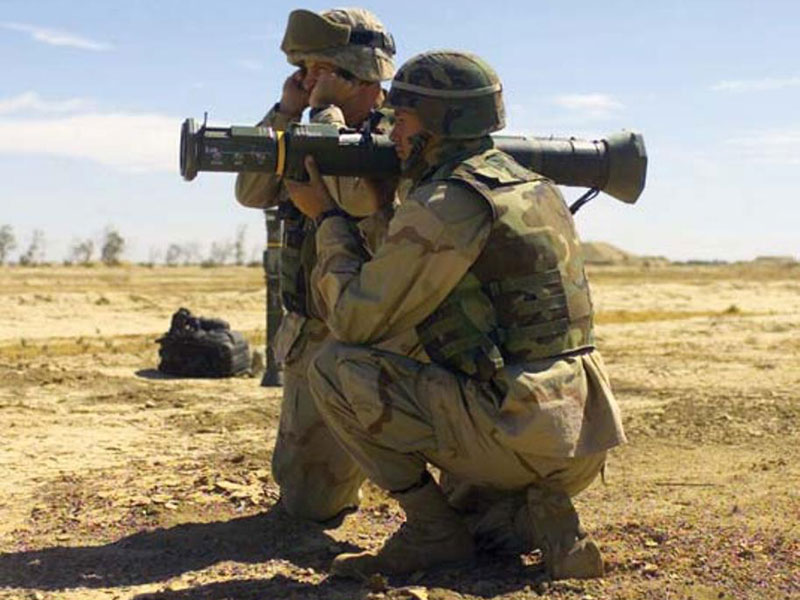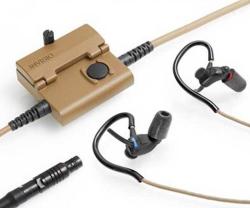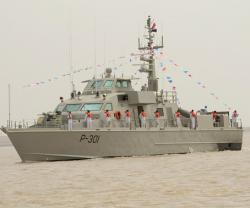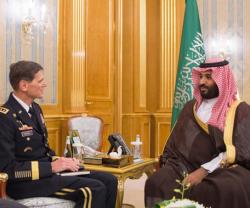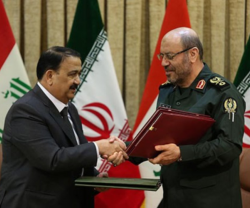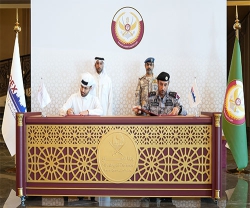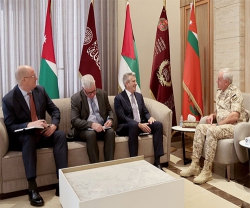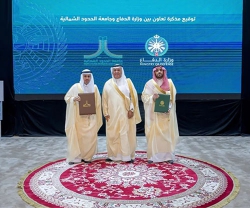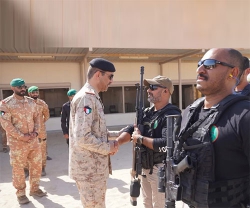Spokesman Colonel Steve Warren said the delivery would help Iraq defend against approaching suicide bombers driving vehicles packed with explosives, attacks used by Islamic State (ISIS) militants last weekend to help them seize Ramadi from Iraqi forces.
ISIS fighters overran Ramadi, the capital of Anbar province, over the weekend, handing the government its most significant setback in a year and exposing the limitations of Iraq's Army and the US-led air strikes against the group.
Meanwhile, government forces backed by Shi'ite militias have been building up at a base near Ramadi in preparation for a counterattack to retake the city.
The official said Iraqi forces had not totally collapsed in Ramadi, as they did in Iraq's second city of Mosul last year, and at least some managed to retreat and were now regrouping.
The US military is still trying to determine the details surrounding the fall of Ramadi.
General Martin Dempsey, the top US military officer, was quoted by Defense Department media on Wednesday saying the Iraqi commander on the ground made “what appears to be a unilateral decision to move to what he perceived to be a more defensible position.” Dempsey, according to DoD News, said the Commander was concerned bad weather precluded US-led air support.
While the possibility of Shi'ite militias fighting in Sunni majority Anbar has raised fears of renewed sectarian violence, the official stressed that both Anbar's provincial council and the central government backed the decision to deploy them.
The use of the Shi'ite militias, some of which have close ties to Iran, poses a problem for Washington, which is engaged in nuclear negotiations with Tehran even as it is seeking to contain Iranian influence in Syria, Yemen and Iraq.
The official said the Shi'ite militias had to be under Iraqi control and said Baghdad was carefully weighing which units to deploy where to minimize the chances of sectarian conflict.
He also said Iraqi command and control was vital to prevent US-led air strikes from hitting the militias.
Source: Reuters; US DoD

